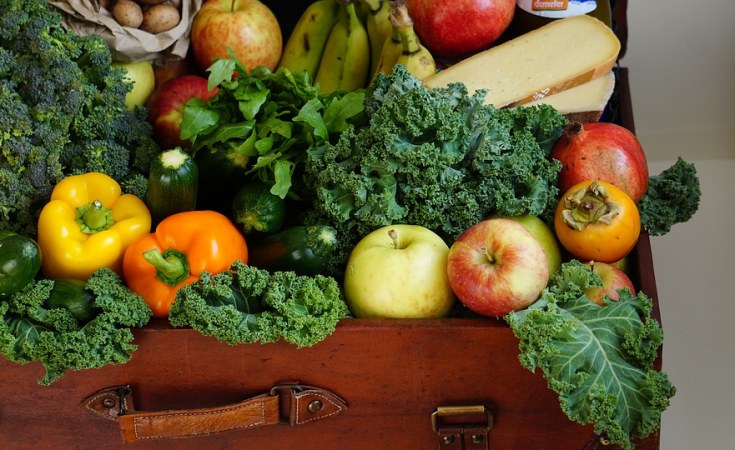 By Mary Ramadhani
By Mary Ramadhani
A NEW report by the
Southern African Development Community (SADC) has stated that
food
availability is adequate and stable in the country, as it urges Member
States to strengthen mechanisms to mitigate the impact of Covid-19.
The 2020 Synthesis
Report on the State of Food and Nutrition Security and Vulnerability in
Southern Africa that was released yesterday, disclosed that close to
44.8 million people across Southern of Africa are food insecure.
However,
"Generally, food availability is sufficient and stable countrywide. Rice
and maize yields are expected to increase by 6per cent from last year.
Food stocks and accessibility are expected to increase at household
level in the 2020/21 consumption year," reads the report in part.
It revealed that
the prices of major staple food commodities like maize, rice and beans
have been declining since June 2020; and attributed this to good
rainfall and availability of pasture which has also contributed to
livestock population increase.
The report further
lists measures that are taken by the government (of Tanzania) in
ensuring food and nutrition security as increasing the minimal level of
cereal reserve at the National Food Reserve Agency (NFRA) from 251,000
tonnes to 501,000 tonnes and monitoring food exports, particularly
grains.
" In order to
ensure food and nutrition security, the country is to conduct timely
national comprehensive vulnerability assessments, sustain and promote
proper post-harvest handling and storage; as well as increase investment
in irrigation farming and continue to create awareness on Covid-19,"
recommended the report.
According to the
report, the government is also deploying measures to monitor all areas
at risk of locust pests and fall army worm, encourage farmers to utilise
available water for irrigation schemes, promotion of local production
of agricultural inputs, and promotion of preventive measures against
Covid-19.
Approved by the
Regional Vulnerability Assessment & Analysis Programme (RVAA), the
report said numerous factors contributed to food and nutrition
insecurity, including Covid-19, climate change, conflict and economic
challenges.
It warned that,
"The full impact of Covid-19 and the lockdown on food and nutrition
security cannot yet be fathomed, as we are still in the eye of the
storm; the economic impact of Covid-19 on SADC is expected to be
severe."
The report points
out that the emerging and developing economies globally are likely to be
severely hit if closures and extended unemployment lingers.
' While the effects
of Covid- 19 on malnutrition are not yet fully known, it is anticipated
that with the effect of Covid-19 containment measures taken, acute
malnutrition across the region could increase by 25per cent or more over
the remainder of 2020 and into 2021," read the report.
With these
considerations, it is expected to be approximately 8.4 million children
who will suffer from acute malnutrition across the region in 2020, and
of these, approximately 2.3 million children will require life-saving
treatment for severe acute malnutrition, it stated.

No comments:
Post a Comment